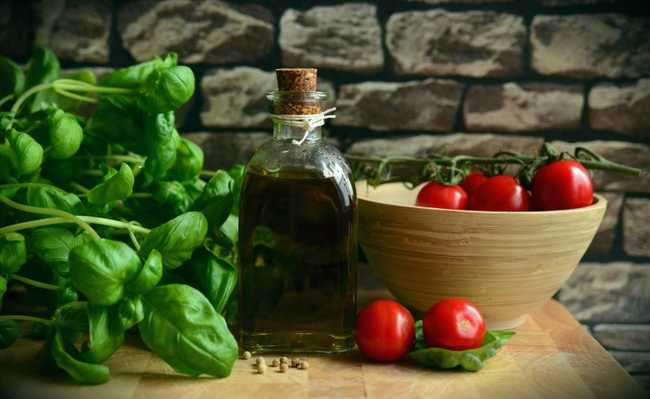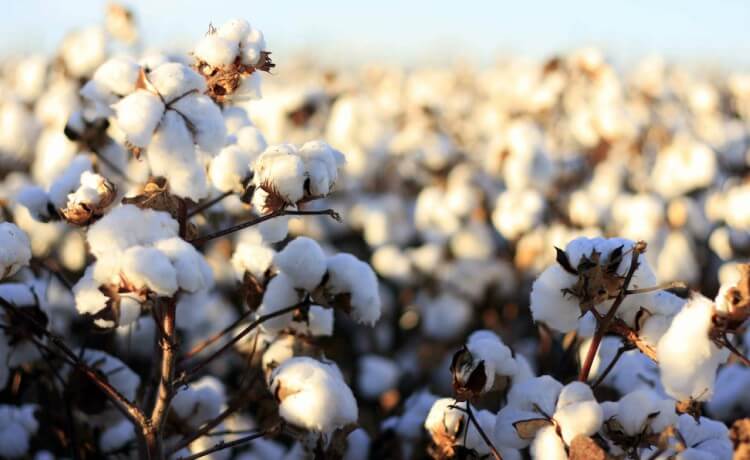What is the Mediterranean diet?
Numerous studies have shown that the Mediterranean diet can be beneficial to health

Edited and resized image from Conger Design is available on Pixabay
The Mediterranean diet is an Intangible Cultural Heritage of Humanity that makes up the set of knowledge, practices, rituals, traditions and symbols related to the agricultural, livestock and culinary cultures of the countries that surround the Mediterranean Sea, mainly Italy and Greece, in the decade of 1960.
Numerous studies have shown that the Mediterranean diet can be very beneficial to health, contributing to weight loss, preventing heart attacks, strokes, type 2 diabetes and premature death.
- Diabetes: what it is, types and symptoms
Given this scenario, this type of diet became a means of improving health. However, there is no single path to follow it, as there are many countries around the Mediterranean Sea and people in different regions may have developed different ways of eating. Therefore, the concept of a Mediterranean diet is made up of general guidelines, which can be adapted to each person's individual needs.
Basically, the Mediterranean diet does not include foods like:
- Refined sugar: which can be found in soft drinks, sweets, ice cream, cookies, etc;
- Refined grains: white bread, pasta made with refined wheat, biscuits, cakes;
- Trans fats: found in margarine and other processed foods.
- Refined oils: soybean oil, canola oil, cottonseed oil, etc;
- Processed meat: processed sausages, ham, hamburger, sausage;
- Highly processed foods.
- What are fresh, processed and ultra-processed foods
This type of diet includes:
- Vegetables: broccoli, kale, spinach, onion, cauliflower, carrots, Brussels sprouts;
- Fruits: tomatoes, apples, bananas, oranges, pears, strawberries, grapes, dates, figs, melons, peaches;
- Nuts and seeds: almonds, walnuts, macadamia, hazelnuts, cashews, sunflower seeds, pumpkin seeds;
- Vegetables: beans, peas, lentils, pulses, green beans and chickpeas;
- Tubers: potatoes, sweet potatoes, turnips, yams;
- Whole grains: whole oats, brown rice, rye, barley, corn, buckwheat (free of gluten), whole grain bread and other gluten free pasta;
- Fish and seafood: salmon, sardines, trout, tuna, shrimp, oysters, shellfish, crab, mussels;
- Eggs: chicken, quail and duck;
- Naturally fermented dairy products: cheese, yogurt, Greek yogurt;
- Herbs and spices: garlic, basil, mint, rosemary, sage, nutmeg, cinnamon, pepper;
- Healthy fats: extra virgin olive oil, olives, avocados and avocado oil.
what to drink in the mediterranean diet
Water and red wine (one glass a day) are the most consumed beverages in the Mediterranean diet.- Ecological wines: discover the sustainable types of the “drink of the gods”
However, this is completely optional, and wine should be avoided by anyone who suffers from alcoholism or who has a problem with alcohol.
Coffee and tea are also completely acceptable, but sugar free.
To start a Mediterranean diet try changing the way you shop. Choose the least processed option possible, which is organic and made from buckwheat (which does not contain gluten - find out why in the article: "What is gluten? Bad guy or good guy?").
Animal options, in addition to not being sustainable, in today's world, are not as healthy as vegetable options. So if you can avoid them it's better. Understand this theme better in the articles:
- Salmon: an unhealthy meat
- Understand the environmental impact of plastic waste on the food chain
- The dangers and cruelty of animal confinement
- Ghost fishing: the invisible danger of fishing nets
- Veganism is the most effective way to save the planet, experts say
- If everyone were vegan, eight million annual deaths would be avoided
It's best to clean all unhealthy temptations from your home, including soda, ice cream, candy, white bread, cookies, and other processed foods.
Although there is no defined Mediterranean diet, this form of diet is generally rich in healthy plant foods and relatively low in animal foods, although it rarely contains fish and seafood.
You can find a whole world of information about the Mediterranean diet on the internet, and many books about it. But remember to maintain a healthy diet for the long term and eat with pleasure.
If you are looking to lose weight, seek professional help from a nutritionist and try to change your habits little by little, without exaggerated restrictions and including physical exercise and natural self-care.
Adapted from Healthline and Wikipedia










